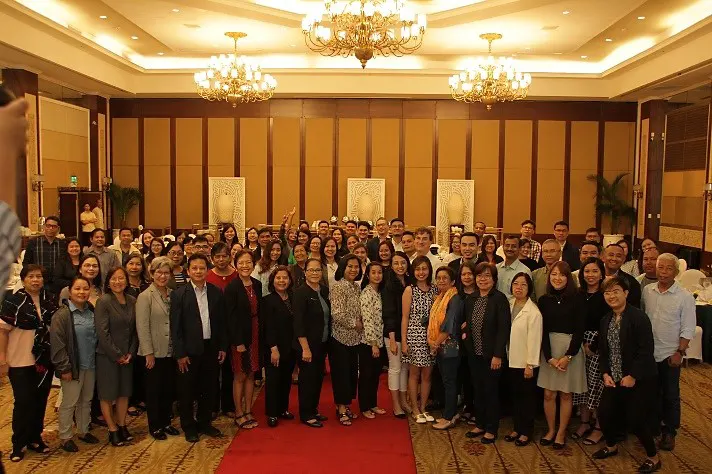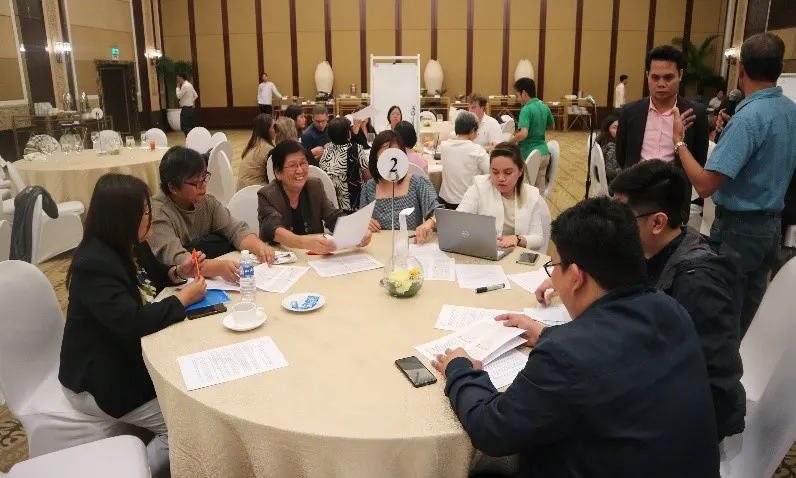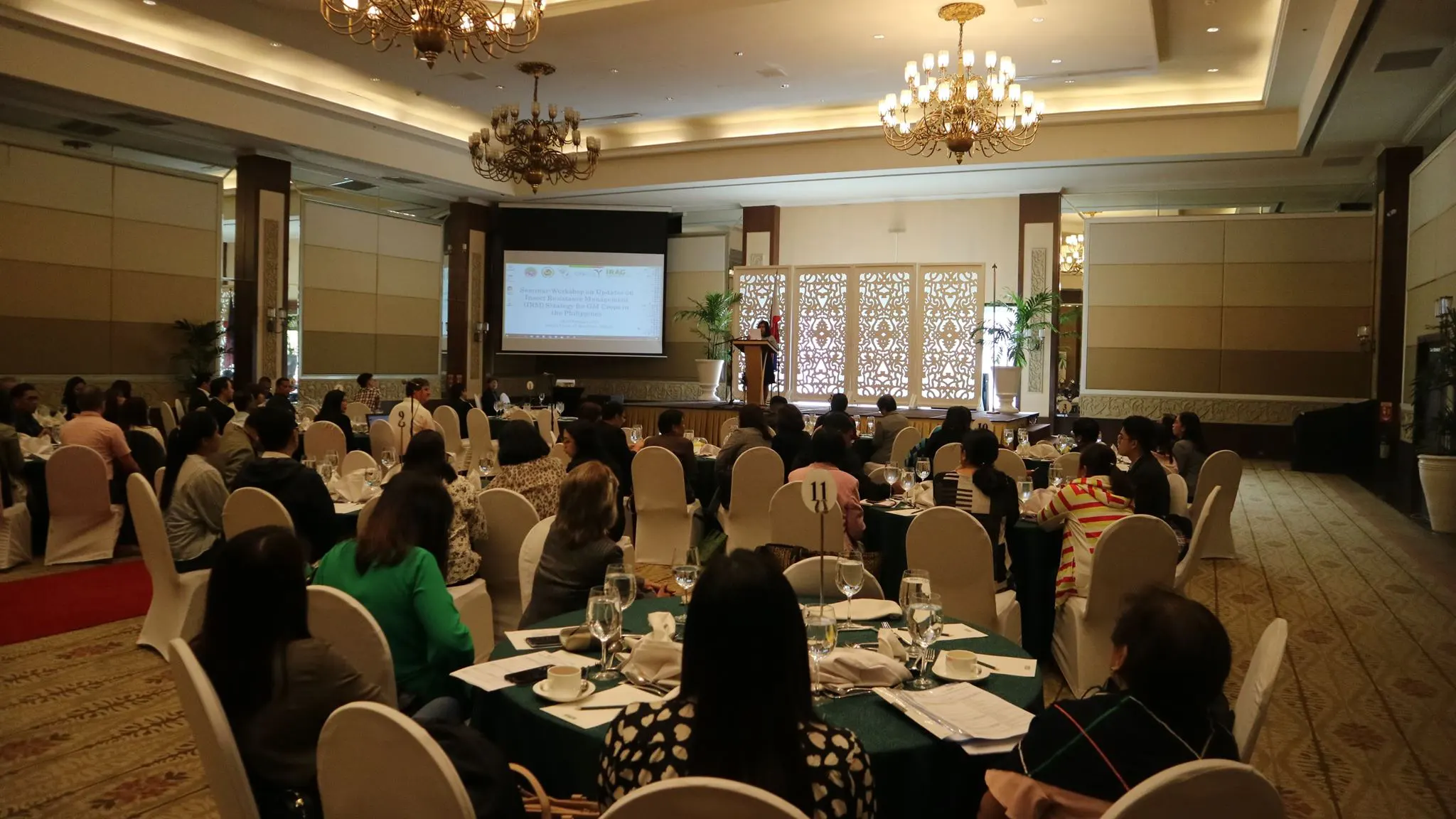Seminar-Workshop on Updates on Insect Resistance Management (IRM) Strategy for GM Crops in the Philippines
The Bureau of Plant Industry in collaboration with DA- Biotech Program Office, Biotechnology Coalition of the Philippines, Crop Life Philippines, Asia Insect Resistance Action Team organized “Seminar-Workshop on Updates on Insect Resistance Management (IRM) Strategy for GM Crops in the Philippines” held at Manila Hotel on February 26-27, 2020.
One of the objectives of the said activity is to bring in key stakeholders to discuss updates and work together in addressing the pressing issues and concerns about Insect Resistance Management (IRM) in the country. This also aims to finalize the draft guidelines in the approval and registration of genetically modified crops affecting secondary insect pests for commercial propagation in the Philippines.
The first day of the activity was dedicated to presentations regarding the following topics: Corn Insect Pests in the Philippines, Insect Resistance Management of Bt corn and its Implementation in the Philippines, Role of Refuge in Delaying Insect Resistance to Bt crops, Addressing Developed Resistance of Target Insect Pest of Bt crops, Management of Secondary and Non-Target Pests in Bt crops, Status of Fall Armyworm in the Philippines, Integrated Pest Management of Major Pests in Corn, Updates on Monitoring Asian Corn Borer (ACB) Resistance Development in the Philippines, IRM strategy for Bt eggplant in Bangladesh, and IRM strategy for Bt cotton in India.
On the other hand, the morning session of second day was dedicated to discussions to set the pace for the workshop on the afternoon session.
The results of the IRM National Survey 2019 was reported by Edilberto De Luna, Executive Director for Crop Life Philippines and gained various comments from the audience. The lecture has prompted a discussion on whether the present requirements for compliance are adequate and are being effectively implemented. As such it was suggested by Dr. Adalla that technology developers intensify their stewardship campaigns since most information regarding IRM and refuge come from company technicians.
Dr. Srinivas Parimi presented the industry proposal to enhance the IRM strategy in the Philippines which included increasing refuge in seed blends from 5% to 10%. Proponents have emphasized the value of being acting ahead of the onset of trait breakdown in the presence of new and emerging pests.
Dr. Sonny Palizada of Syngenta Philippines presented the industry’s comments on the proposed Guidelines for secondary pest and emphasized that Integrated Pest Management (IPM) should be used to address secondary pests instead of having a separate IRM plan.
Dr Magdaraog and Dr. Adorada facilitated the workshop and the groups reported in their respective outputs. The information gathered will be reviewed and considered by the Post-Approval Monitoring Group (PAMG) in finalizing the guideline.


